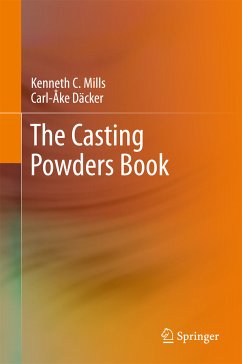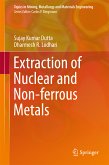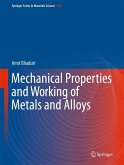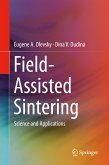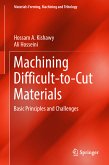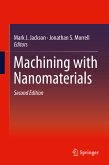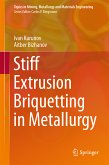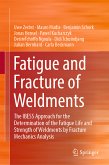Providing the first comprehensive coverage of mould powder properties and uses, the text treats theoretical and practical matters and gives direct advice on problem-solving. Drawing on a wealth of scientific and technological research, represented by its extensive references, The Casting Powders Book shows readers how they can design and create mould powders optimised to fulfil the necessary functions of:
- lubrication of steel shells and reduction of shell-mould friction;
- absorption of inclusions floating up from the steel;
- chemical insulation of steel from carbon-rich mould powder; and
- protection of the steel meniscus from oxidation and thermal insulation to prevent surface-freezing.
Thermophysical properties and heat-transfer processes are also given detailed attention and case studies illustrate the methods and materials described.
The Casting Powders Book is designed to be a periodic reference that can be dipped into as the need arises. Readers from different backgrounds are well-served by the depth and variety of content:
- engineers trouble-shooting a continuous-casting process interested in how mould fluxes can minimise defects and process problems and how their performance is in turn affected by casting parameters;
- academic scientists interested in the theoretical aspects and properties of mould fluxes and slag films;
- engineers working with ingot-casting processes;and many others will find this book an invaluable resource.
Dieser Download kann aus rechtlichen Gründen nur mit Rechnungsadresse in A, B, BG, CY, CZ, D, DK, EW, E, FIN, F, GR, HR, H, IRL, I, LT, L, LR, M, NL, PL, P, R, S, SLO, SK ausgeliefert werden.

